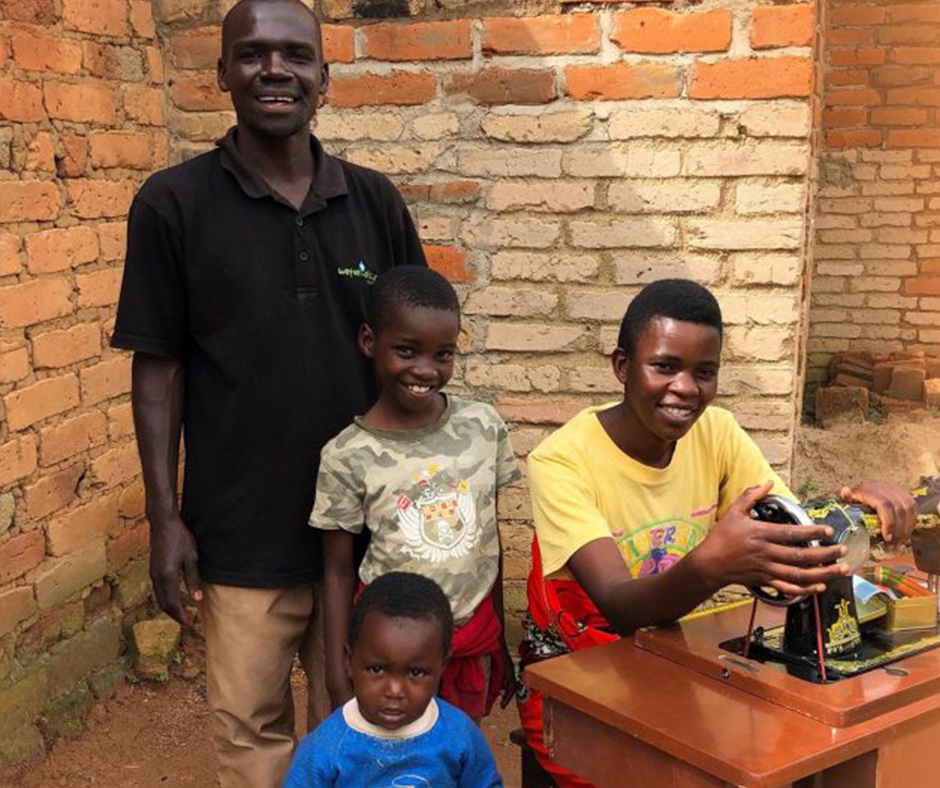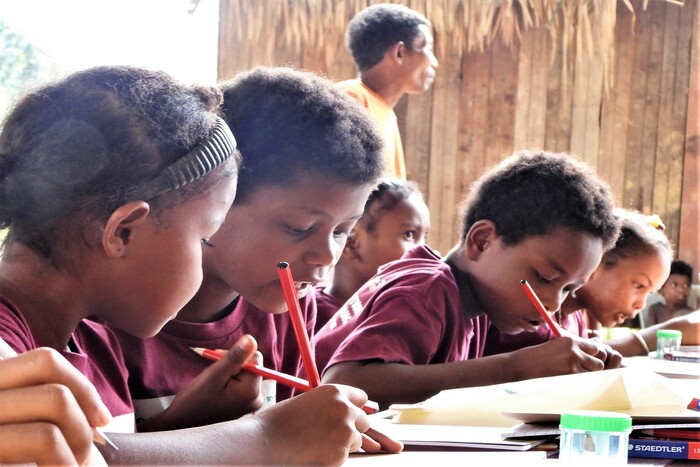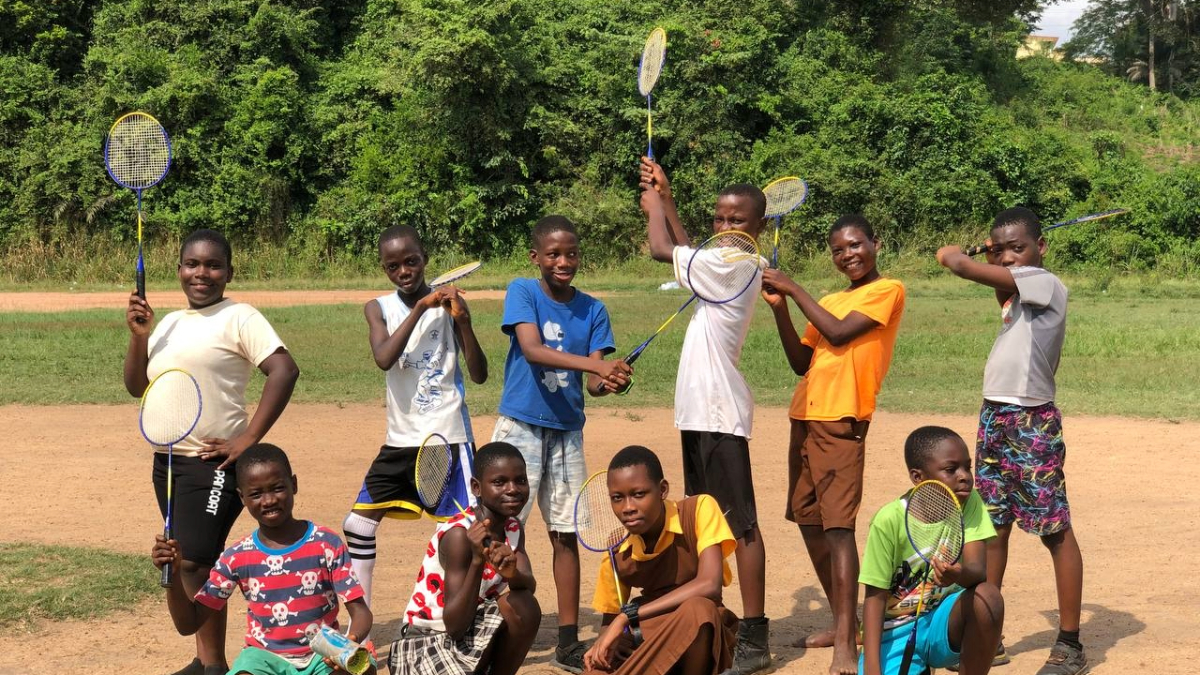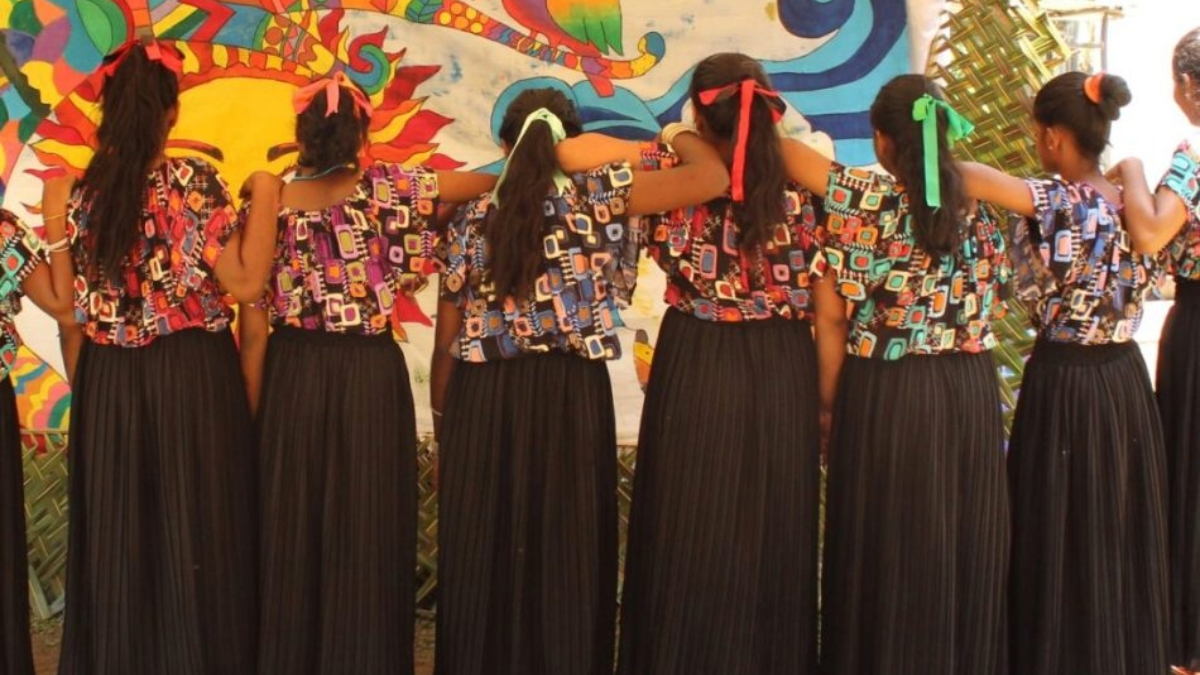 “So, I started working for them, three days in a week as a water technician where I repair broken or abandoned water wells and install new ones. Then, two days in a week, I work on their Footprint Project where I learn to become a farmer, as I am taught how to clear land, plant seedlings and prune trees,” he said.
Over the last five years, WFA has given clean water to more than 1.7 million people in rural Tanzania. To ensure the community continues to get clean water, the WFA trains locals to drill new bore holes and repair abandoned or broken water wells.
The WFA’s Footprint Project meanwhile, is a sustainable farm project that aims to provide opportunity and economic growth through growing, harvesting and selling macadamias and avocados. The profit from this farm funds water wells for rural communities that have no access to clean water.
As for Hillary who previously could never predict his next income, he now earns a consistent full-time wage with the three days working on the water project and two days on the farm project.
The improved financial situation has helped Hilary to renovate his house which was originally just one bedroom with an outdoor kitchen. The family now has additional rooms for the girls, allowing more space for them.
“So, I started working for them, three days in a week as a water technician where I repair broken or abandoned water wells and install new ones. Then, two days in a week, I work on their Footprint Project where I learn to become a farmer, as I am taught how to clear land, plant seedlings and prune trees,” he said.
Over the last five years, WFA has given clean water to more than 1.7 million people in rural Tanzania. To ensure the community continues to get clean water, the WFA trains locals to drill new bore holes and repair abandoned or broken water wells.
The WFA’s Footprint Project meanwhile, is a sustainable farm project that aims to provide opportunity and economic growth through growing, harvesting and selling macadamias and avocados. The profit from this farm funds water wells for rural communities that have no access to clean water.
As for Hillary who previously could never predict his next income, he now earns a consistent full-time wage with the three days working on the water project and two days on the farm project.
The improved financial situation has helped Hilary to renovate his house which was originally just one bedroom with an outdoor kitchen. The family now has additional rooms for the girls, allowing more space for them.
“Happy goes to school every day now. Her grades have improved tremendously, and she is now among the top five in her class,” the proud father said.His wife Regina wanted to also contribute to the family financially and had approached the WFA who then donated her a sewing machine. The local women in her village helped to teach her how to sew. Regina’s first job as a tailor was to sew cooking aprons for WFA’s online gift store. “She was very happy to receive the machine and excited about the opportunity to make an income. After the cooking aprons project, she sewed school skirts for the WFA’s local school project. We save the money that she makes from these sewing jobs for the girls’ education,” Hilary added. WFA not only provided Hilary and his wife income to care for their family, it also equips and empowers him with new skill sets like building, repairing and maintaining wells.
 With his new knowledge, Hilary now trains all the new employees of WFA and even people from his community who are interested to learn.
“I am thankful to WFA for the new opportunities and skills. They have helped to set my family on a new direction. I was worried about the future of my two girls but now it is looking good, Asante Sana,” Hilary said.
We are proud to support this project as it aligned with our vision of Raising Yourself To Help Mankind and providing job opportunities for local rural communities.
With his new knowledge, Hilary now trains all the new employees of WFA and even people from his community who are interested to learn.
“I am thankful to WFA for the new opportunities and skills. They have helped to set my family on a new direction. I was worried about the future of my two girls but now it is looking good, Asante Sana,” Hilary said.
We are proud to support this project as it aligned with our vision of Raising Yourself To Help Mankind and providing job opportunities for local rural communities.





